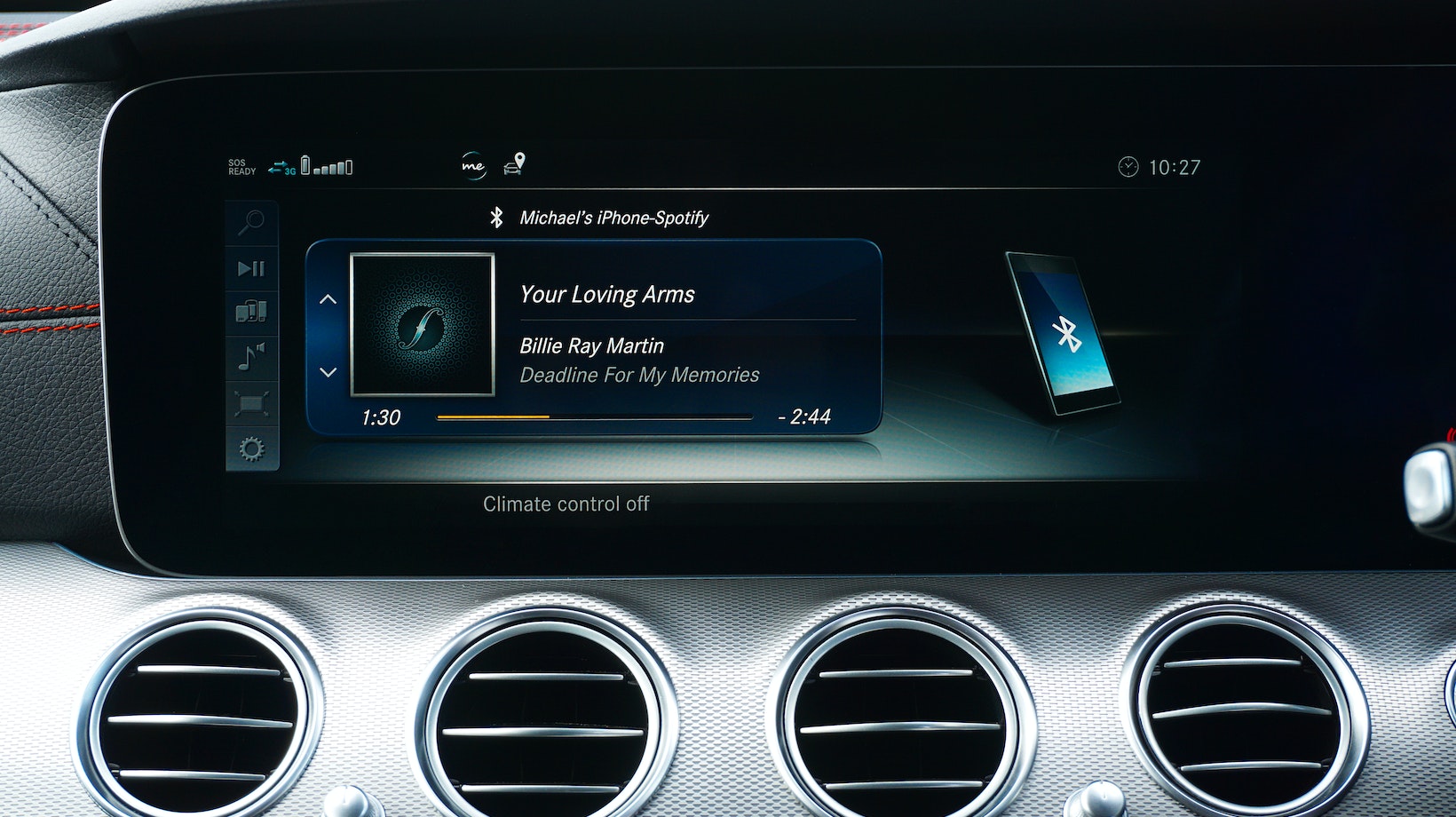
Are you experiencing issues with your car amplifier? Wondering if it can be repaired instead of replaced? Well, you’re in luck! In this article, I’ll walk you through the ins and outs of car amplifier repair, providing you with valuable information and guidance on how to get your amplifier back in tip-top shape.
Repairing a car amplifier is not always a simple task and may require some technical know-how. However, before you rush off to buy a new one, it’s worth exploring the possibility of repairing your existing amplifier. Not only can it save you money, but it also allows you to keep the original equipment intact.
So, whether you’re dealing with distorted sound, no audio output at all, or any other issue affecting your car’s audio system, stay tuned for our comprehensive guide on car amplifier repair. We’ll discuss common problems and their solutions along with tips to help prevent future complications.
Car Amplifier Repair
When it comes to car amplifier repair, there are a few common issues that can arise. Understanding these issues can help you troubleshoot and resolve problems with your car’s audio system. Here are some of the most frequently encountered problems:
- No sound output: One of the main issues car owners face with their amplifiers is a lack of sound output. This can be caused by various factors such as faulty wiring, blown fuses, or a damaged amplifier circuit board.
- Distorted sound: Another problem you may encounter is distorted sound coming from your speakers. This could be due to incorrect gain settings on the amplifier or issues with the speaker connections.
- Overheating: Car amplifiers generate heat during operation, but excessive heat can lead to performance issues and even damage the unit. Overheating can be caused by inadequate ventilation or pushing the amplifier beyond its power limits for extended periods.
- Intermittent power loss: Some car amplifiers may experience intermittent power loss, causing the audio to cut in and out abruptly. This can be attributed to loose connections or a faulty power supply.
- Ground loop noise: Ground loop noise is a common problem that manifests as an annoying humming or buzzing sound in your audio system. It occurs when there are multiple grounding points creating different potential levels, resulting in electrical interference.
- Blown fuses: In some cases, a blown fuse could be the culprit behind an inactive amplifier or sudden power loss. It’s important to check and replace any blown fuses properly.

Troubleshooting A Faulty Car Amplifier
When it comes to car amplifier repair, troubleshooting is an essential first step. By identifying the cause of the problem, you can save time and money by focusing on the specific issue at hand. Let’s delve into some common troubleshooting techniques for a faulty car amplifier.
- Check Power Supply: Ensure that the amplifier is receiving power by verifying the connections to the battery and checking any fuses or circuit breakers related to the amplifier. A loose connection or blown fuse could be causing a lack of power.
- Inspect Wiring Connections: Examine all wiring connections between the amplifier, head unit, and speakers. Look out for loose connections, damaged wires, or frayed insulation that may be affecting signal flow.
- Test Audio Inputs: Connect a different audio source (such as a smartphone or MP3 player) directly to your amplifier’s input terminals using RCA cables. If you hear sound through your speakers with this setup, it indicates that your head unit might be faulty.
- Verify Speaker Output: Disconnect all speaker wires from your amplifier and connect them one by one to identify if any particular speaker is causing issues. A malfunctioning speaker can overload an amplifier and potentially lead to distortion or damage.
- Check Grounding Connection: Ensure that your amplifier has a solid ground connection by examining the grounding wire attached to its chassis and verifying its connection point on the vehicle’s frame/body.
By following these troubleshooting techniques for your faulty car amplifier, you’ll have a better understanding of the potential causes behind the issues you’re facing and be on your way to getting your car audio system back in top shape.






































